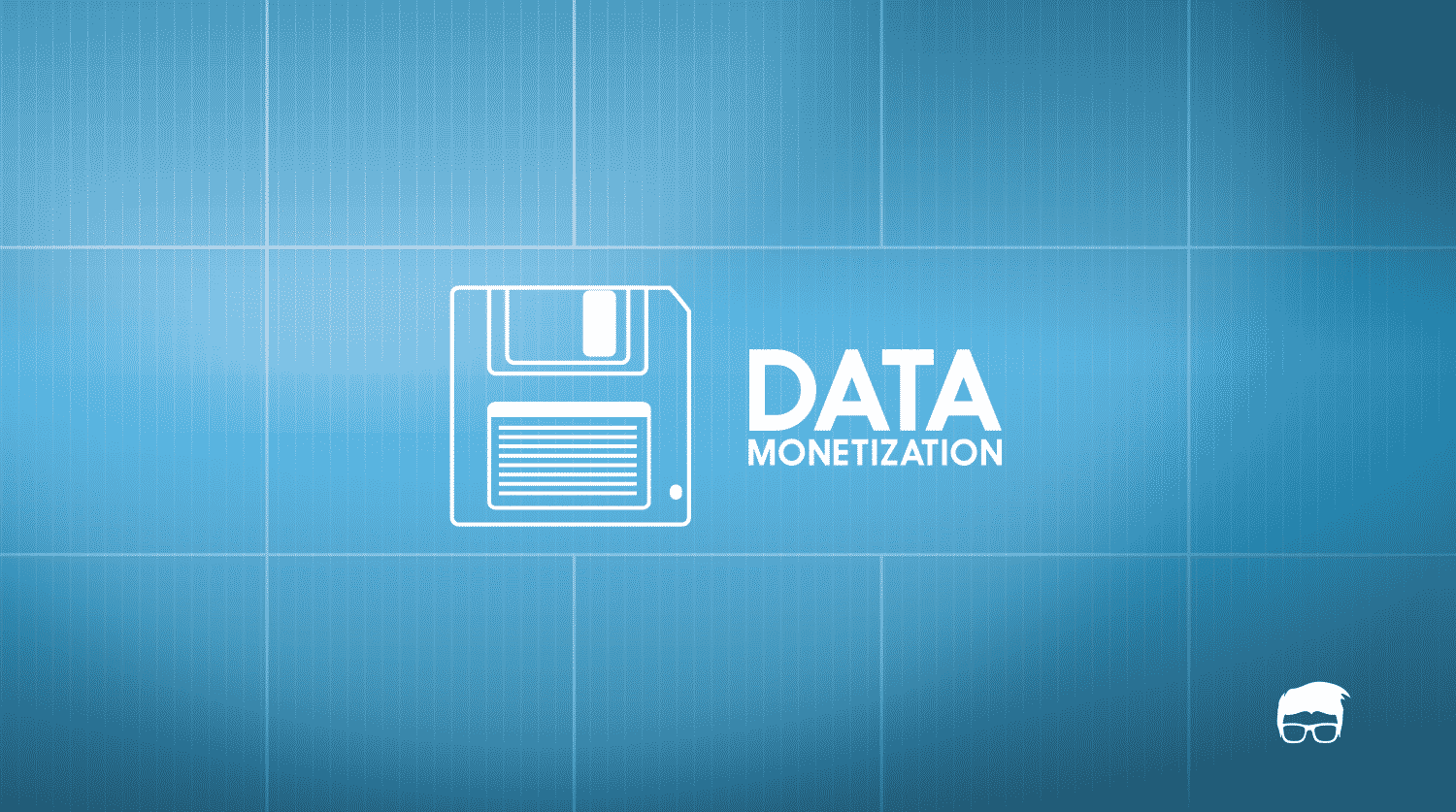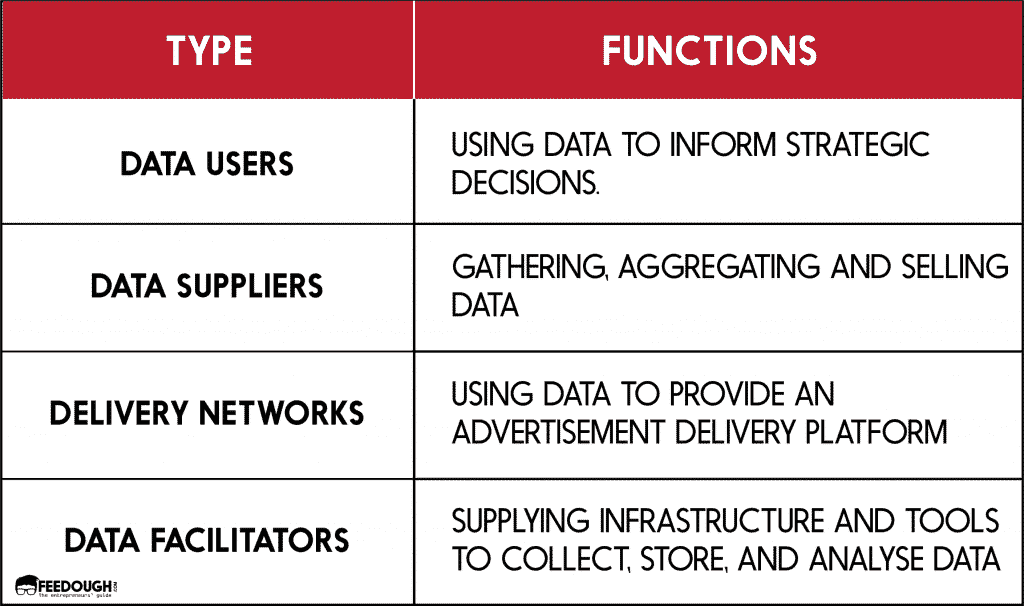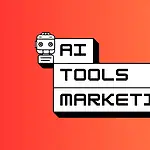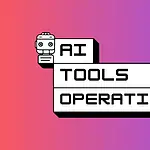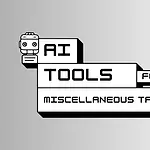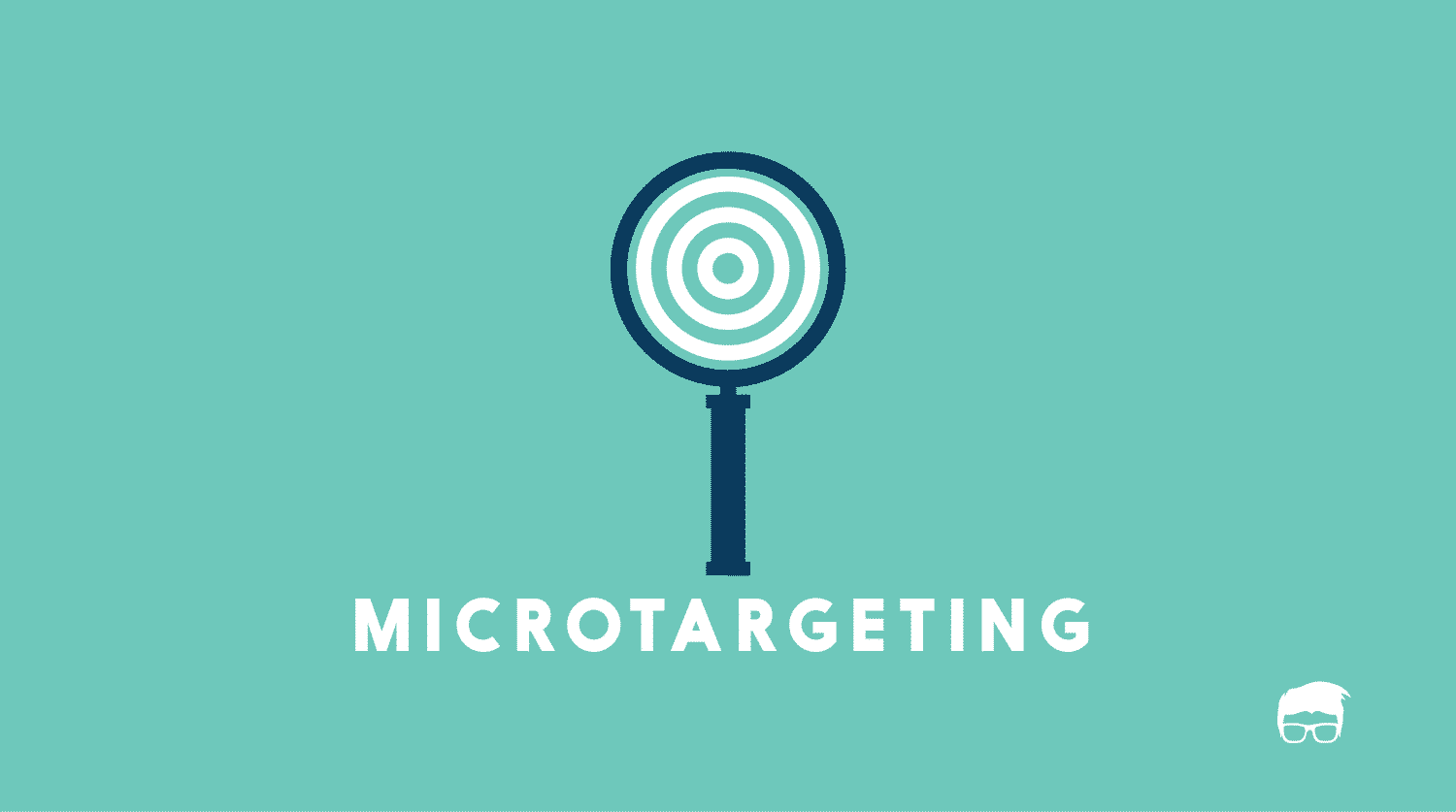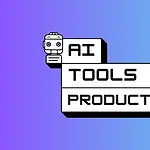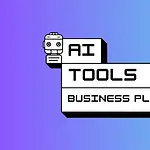We’re living in an era where your refrigerator not just reminds you that you’re out of butter but also orders it from an online marketplace. Where companies know where you’ll head to before you even get out of your house. Where the world knows what you plan to buy, how much you walk, and what drinks you prefer. Where politicians monitor your demographics, interests, preferences, and other online and offline activities and use this data to craft and execute personalized marketing strategies.
Data drives the economy in the 21st century. Your data nurtures the tech giants like Google, Facebook, Amazon, and Twitter. The more you use the internet, the more are the chances that you’ll get influenced to do something because someone somewhere is using your data to formulate marketing strategies targeted just at you.
The Big Data Business Model
In the recent news, Facebook users’ data of 50 million users was extracted by Cambridge Analytica (CA), a data analytics firm that worked with Donald Trump’s election campaign and was used to influence the people to vote for Donald Trump. Apparently, this wasn’t a hack and Facebook (and you) agreed to them having access to your and your friends’ data. In another news, Facebook also has access to your calls and SMS logs.
Intrigued?
Even Twitter’s entire business model is based on selling data. Google tracks your online activities and uses it to provide you better search results, connection suggestions, and better advertisements. By seeing what all it tracks, it might know you better than you know yourself.
But how do companies make money from your data? Is it just advertisements or there are more strings attached to it? Let’s find out.
The Data Monetization
According to a research, investment in big data will be around $76 billion and 1.7 MB of data will be created every second for every person on earth in 2020.
Thanks to the internet of things, we already have smart shoes, clothes, refrigerators, washing machines, and not to forget – smartphones. All these devices are connected to the internet and they continuously send your usage data to the company servers or the cloud. The companies also track your online activities like the websites you visit, the people you talk to, the applications you use, what you buy online, what you want to buy, etc.
They monetize this data by providing you personalized services, by selling it, by providing tools to store or sell it, or by using it to become an advertisement delivery network.
The Four Types Of Big Data Business Models
Business models of most of the startups today are considered a poster child for big data. But it is important to remark that not every data-driven business model will involve monetizing the data directly to earn revenue. Rather, most businesses not just collect, store, and sell data, but use the data internally to form more effective and efficient business strategies, make better decisions, and to refine their business processes and models which will eventually result in more profits.
For companies such as Fitbit, the primary business objective is to increase the sales of its equipment. In the background, however, the company uses the data collected from its users’ devices to design products with better features to maintain and increase its market share.
Don’t you wonder why there’s no worthy competitor to Facebook or Google? Because no other business has an access to such enormous data to provide the personalization these companies have already made you accustomed to.
The big data business models can be classified into four types:
- Data Users: Businesses which use data to form strategies and build better products.
- Data Suppliers: Businesses which are primarily involved in the trading of data.
- Delivery Networks: Businesses with the advertisement business model.
- Data Facilitators: Businesses involved in providing data infrastructure, analytics, and consultancy.
Data-Based Decision Making (Data Users)
Suppose you own a shoe company. Wouldn’t it be useful if you get to know that a segment of your target market prefers to buy running shoes in the month of June? Wouldn’t it be more useful if you get to know that the segment belongs to the age group 16-21, prefer road running shoes to trail running, can afford to spend $100, and love the colour blue and red?
You don’t always need to sell data to make money from it. Thanks to the ever-increasing popularity of the internet, fixing a small chip to every product and tracking the usage and other details is now simpler than ever. This doesn’t mean that the companies listen to your private conversations or keep track of everything you are up to. They just track the data they think that is beneficial for their business. The data, however, may range from your product usage, interests and preferences, internet activities, to your friends’ interests and your SMS and call logs.
This collected data is used for micro-profiling the target market based on certain demographic, geographic, behavioural, and psychographic standards, which is further used by the research and development department to improve the current product and services, develop new better product and services, and to form effective marketing communication strategies.
Data Brokerage (Data Suppliers)
One of the most traditional data-based business models is the model where data is treated like any other product. Several renowned market research companies like Nielsen, Westat, Statista, etc. are in the business of collecting and selling primary and secondary data.
The business model of such companies revolves around the provision of research data in diverse formats based on the clients’ specifications. The methodology of collecting data differs for different companies. Some conduct primary research in the specified areas using audience panels, some buy data from the other companies like Twitter, Bloomberg (which is also a data broker), and other content creators.
Data brokerage has been in existence long before the internet came into existence. The increased competition and the requirement to provide more personalization has only led to increase in the demands of such data brokers as they not only provide the data of the 51% of the population connected to the internet but also those which aren’t till now.
Big online marketplaces like Amazon can avail such data to learn more about why the target audience is hesitant in transacting online and what can be done to make them change their habits etc.
Advertisement Intermediaries (Delivery Networks)
Facebook differentiated itself from the start as a targeted advertisement network where advertisers could target users based on their demographics, geographic, psychographics and behavioural characteristics. Google tracks the user’s online activity and provides advertisers with an option to target people who fulfil certain criteria.
Delivery networks are the aggregators of data. They let their clients use the aggregated data to make their advertisements more targeted. They have enough data to separate guitarists from pianists and target advertisements according to their budget, needs, interests, and wants.
The more data an advertisement intermediary collects, the more paying clients it gets.
Data Analytics (Data Facilitators)
Data analytics is the process of analysing data sets to draw conclusions about the information they contain. Not every company can analyse data on its own, but millions of them use data analytics to make more-informed business decisions and increase the effectiveness of their efforts.
Businesses look for answers more than they look for data. This requirement has led to the formation of many new businesses with the sole purpose to provide data analytics and consultancy as a service.
Examples of such companies include Experian, which draws on massive data-sets and provide consumer credit scoring, CBIG Consulting, which provides business intelligence, big data analytics, and data warehouse consulting services, and many more.
Data Tools (Data Facilitators)
It is difficult for any company whose primary focus isn’t data collection, to store such ever-increasing data. This has led to the formation of another business model which focuses on providing data collection and handling tools like storage media, servers and workstations, scanners, data collection, analysis and visualisation software, database management software, encryption technology and software, data protection technology, and many other data related hardware and software.
IPONWEB, Google Cloud, AWS, etc. are some examples of data tools.
Go On, Tell Us What You Think!
Did we miss something? Come on! Tell us what you think about our article on Data Monetization | Big Data Business Models in the comments section.
A startup consultant, digital marketer, traveller, and philomath. Aashish has worked with over 20 startups and successfully helped them ideate, raise money, and succeed. When not working, he can be found hiking, camping, and stargazing.
